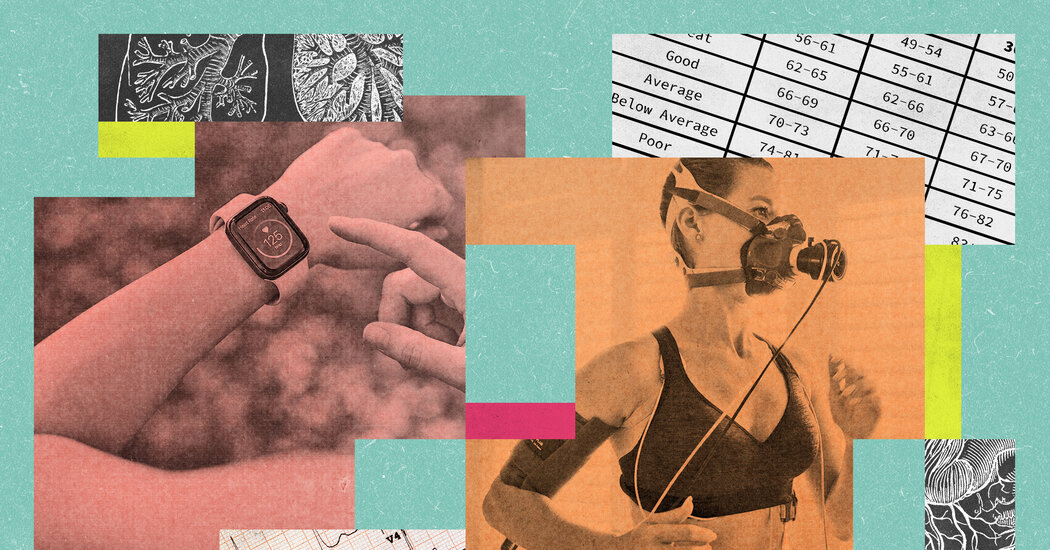VO2 max has become ubiquitous in fitness circles. But what does it measure and how important is it to know yours?
Fitness is full of numbers meant to help you become faster and stronger. There’s your mile run time, your resting heart rate and measures of strength and flexibility. But perhaps the gold standard is VO2 max.
A handful of years ago, the test — which tracks how much oxygen your body absorbs — was an obscure tool mainly used by elite athletes. Today, it’s touted by fitness professionals and wellness experts like Peter Attia as being a useful measure for all exercisers.
But getting an accurate number requires an expensive and exhausting lab evaluation. And estimates provided by wearable devices might not tell you much. So how useful is it to invest time and money in the full work-up, and how important is knowing your VO2 max?
For everyday people who want to be healthy and live a long time, the measurement is “the best piece of empirical information we have on health and longevity,” said Kate Baird, a clinical exercise physiologist and the coordinator of running and metabolic services at Hospital for Special Surgery in New York.
The key, she said, is acting on what the data tells you.
What is VO2 Max?
“VO2 max” is a two-digit number that expresses how effectively your body metabolizes oxygen. The measurement itself is the milliliters of oxygen consumed in a minute per kilogram of body weight.
As you exercise, your body needs ever more oxygen. The more you can efficiently consume, the more energy your muscles will have, increasing the time and intensity you can exercise. Generally speaking, someone with a higher VO2 max will be able to sustain a run or an aerobic activity at a given pace longer than someone with a lower VO2 max.
